"If you could have dinner with any person dead or alive, who would it be?" It's an age-old question. Now, with the advent of AI, it might not be as far-fetched as it once seemed. Well, you cannot have dinner with dead people but you can at least have a conversation with a simulated version of your idol. These days one can ask AI to pretend to be just about anyone and answer questions as they may have.
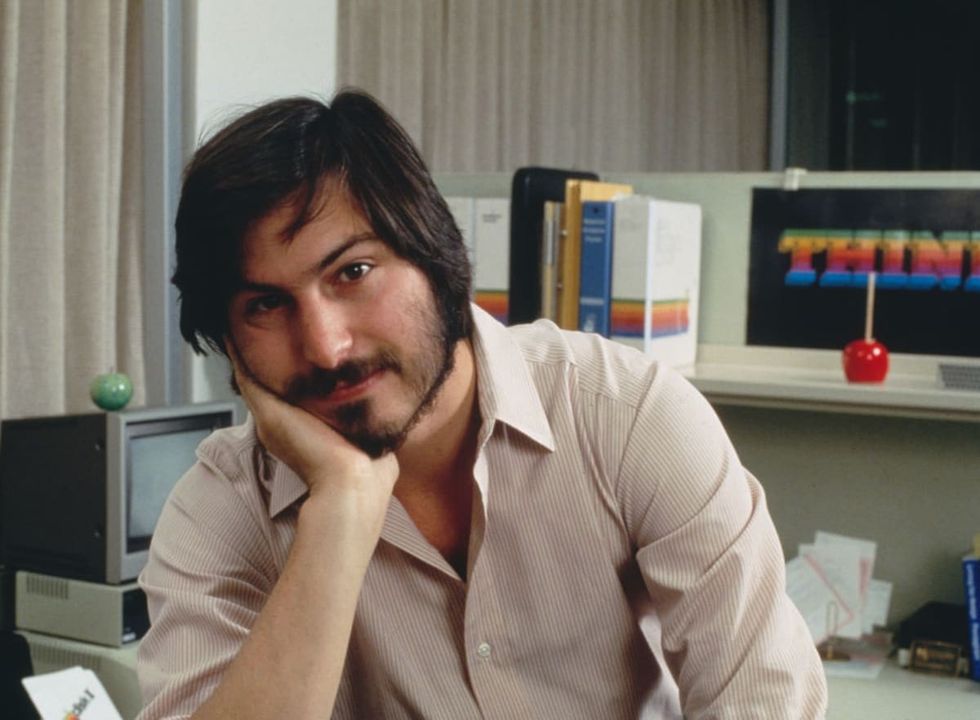
It's truly marvelous to experience something no one could have predicted, or could they? Steve Jobs, the former CEO of Apple, predicted the capabilities of AI in 1985. In a viral clip shared on X, Steve Jobs can be seen addressing a room full of people, and in his speech, he discusses the possibilities of "Artificial intelligence."
Steve Jobs begins his speech by saying that he once read that Aristotle was Alexander the Great's tutor for 14 years, a fact that he is incredibly jealous of. He felt that he would have really enjoyed being tutored by Aristotle. However, Jobs adds that he's thankful for the "Miracle of the printed page" that, at least, helped him read Aristotle without the help of an intermediary. However, Jobs said he couldn't directly ask Aristotle any questions. He then jokes that he can ask a question; just that he wouldn't get any reply. He also adds that he could take a professor's help to get questions answered and that he can at least go directly to the source material. But still, there's no real possibility to ask Aristotle a question.
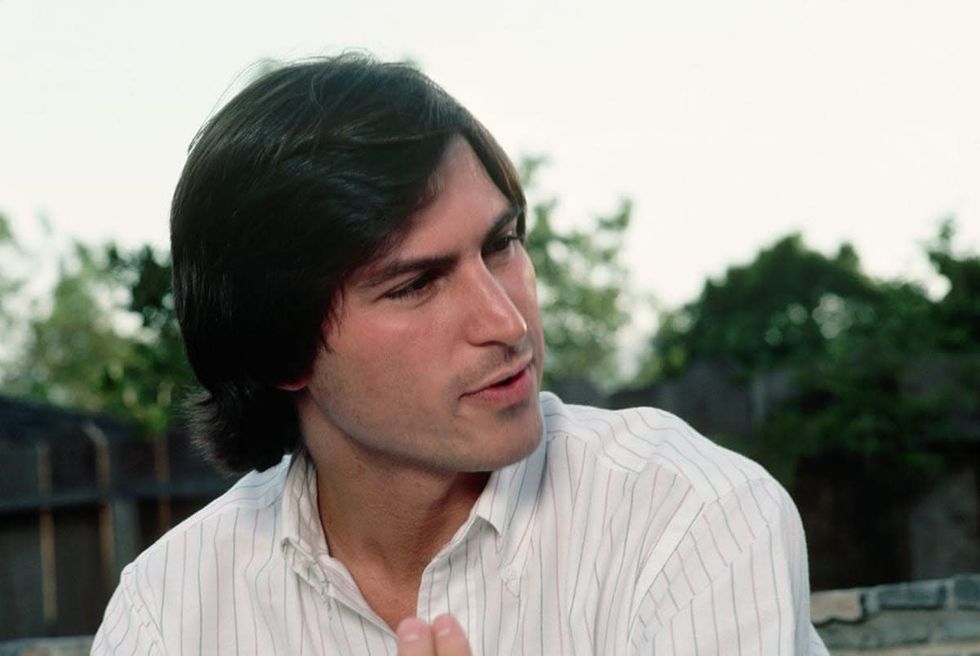
He continues that he hopes in his lifetime, the world be able to build a new and interactive tool that captures the underlying worldview of the "next Aristotle" when he is alive. So someday a student will not only be able to read the words Aristotle wrote but also ask him a question and get a possible answer. While AI may never be able to answer as Aristotle, it can still make an educated guess on how he would have responded based on the information available. It's truly astounding what technology has achieved over the years. People took to X to express their opinions on Steve Jobs' prediction being eerily similar to what AI is currently. While some argue AI does do what Steve Jobs predicted, others claim it's nowhere as good as that.
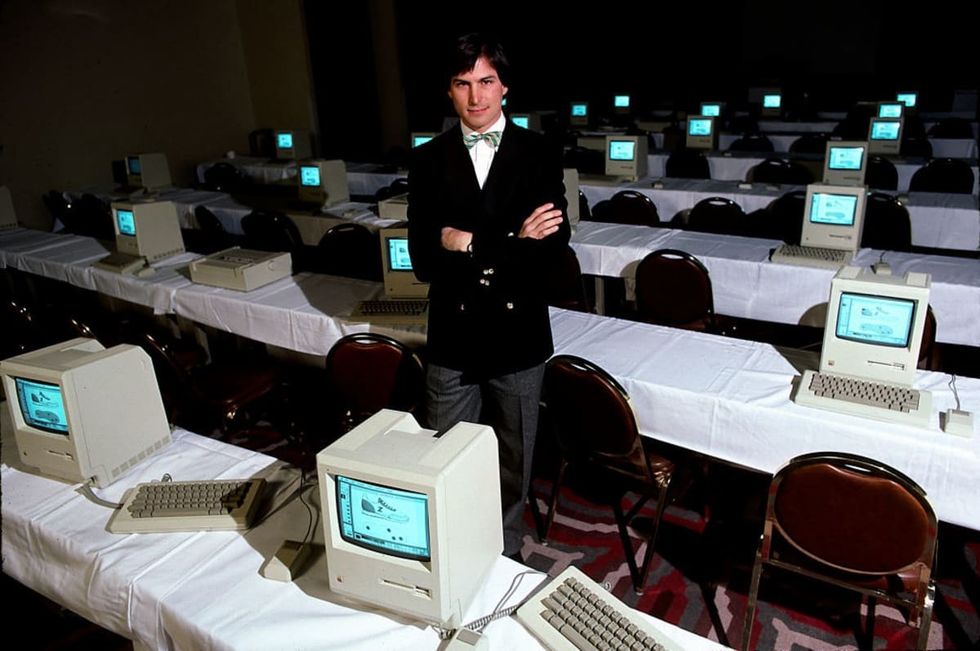
An X user @TravelsCharlie wrote, "Okay, we have AI now. So I asked Grok how Aristotle would reply to Steve and got this: If Aristotle were alive today, I imagine he would be quite impressed with the technological advancements that have taken place since his time. He might say, 'Well, Steve, it is truly remarkable to witness the progress of human knowledge and ingenuity. Your contributions to the world of technology have undoubtedly revolutionized the way we communicate and access information. As for my teachings, I am pleased to see that they still hold relevance in today's world, and I am grateful that you have taken an interest in them.' Doesn't sound all that Aristotelian to me." While @AICosmic_ wrote, "It’s crazy this might ACTUALLY be able to happen in our lifetime." Well, if AI becomes an actual immortal Aristotelian voice or not, only time will tell.





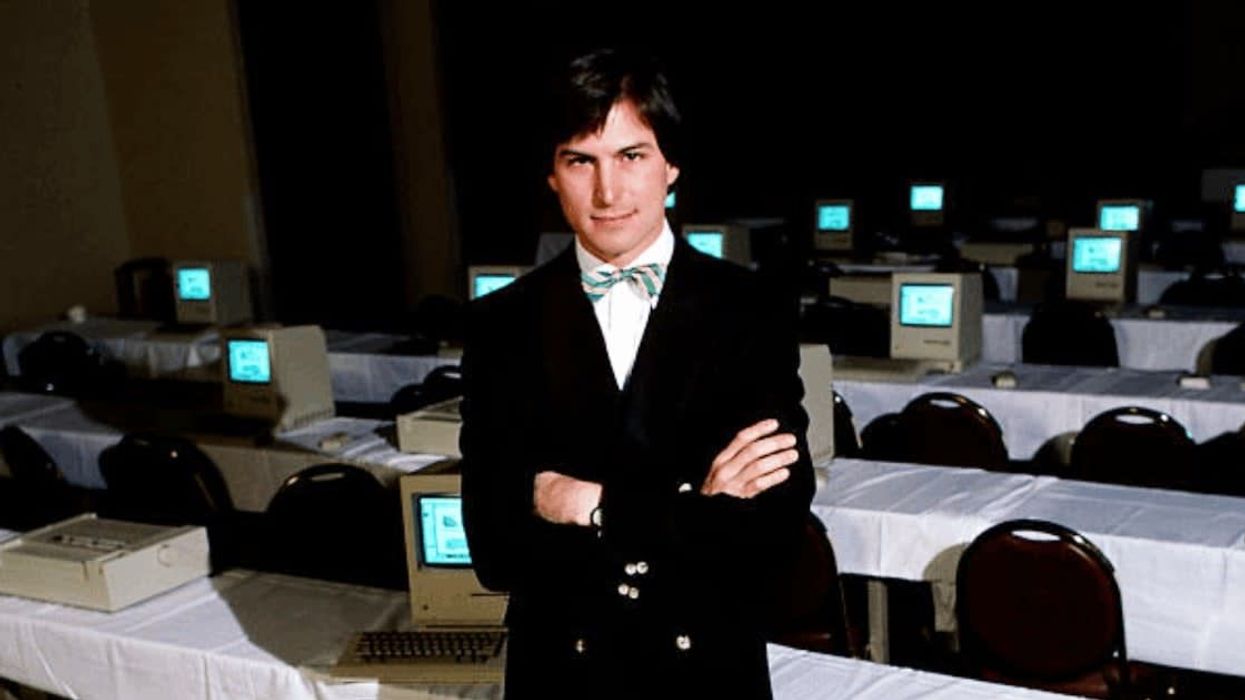













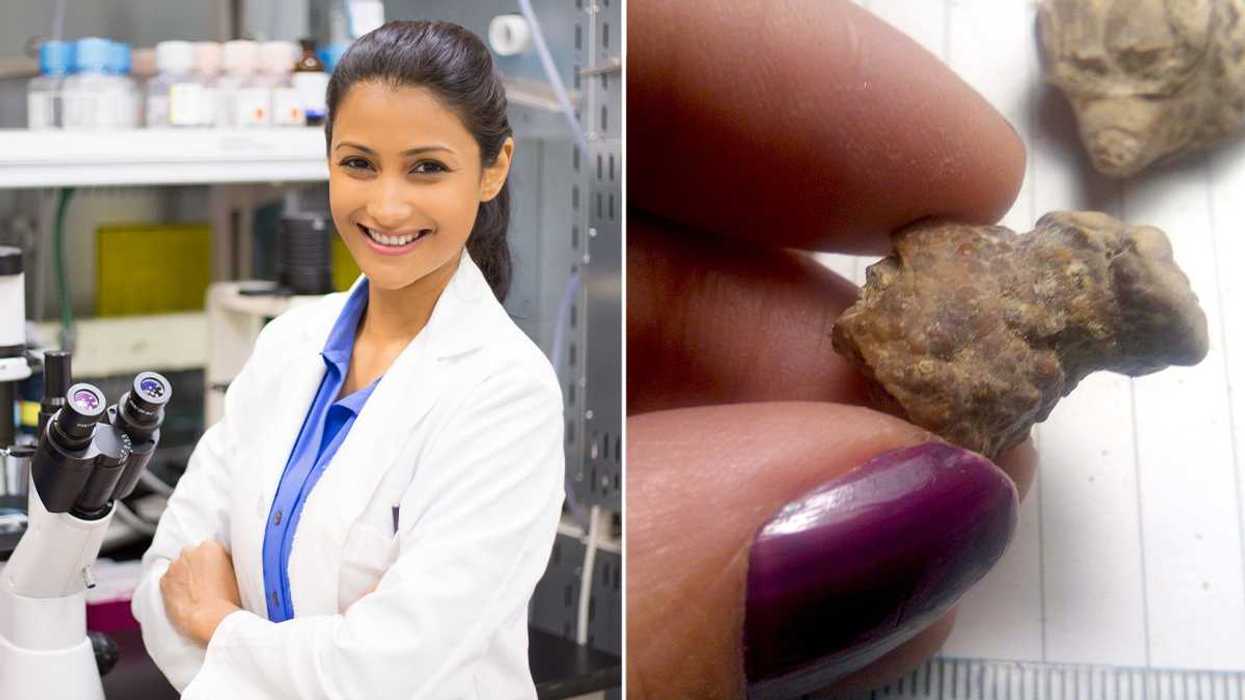
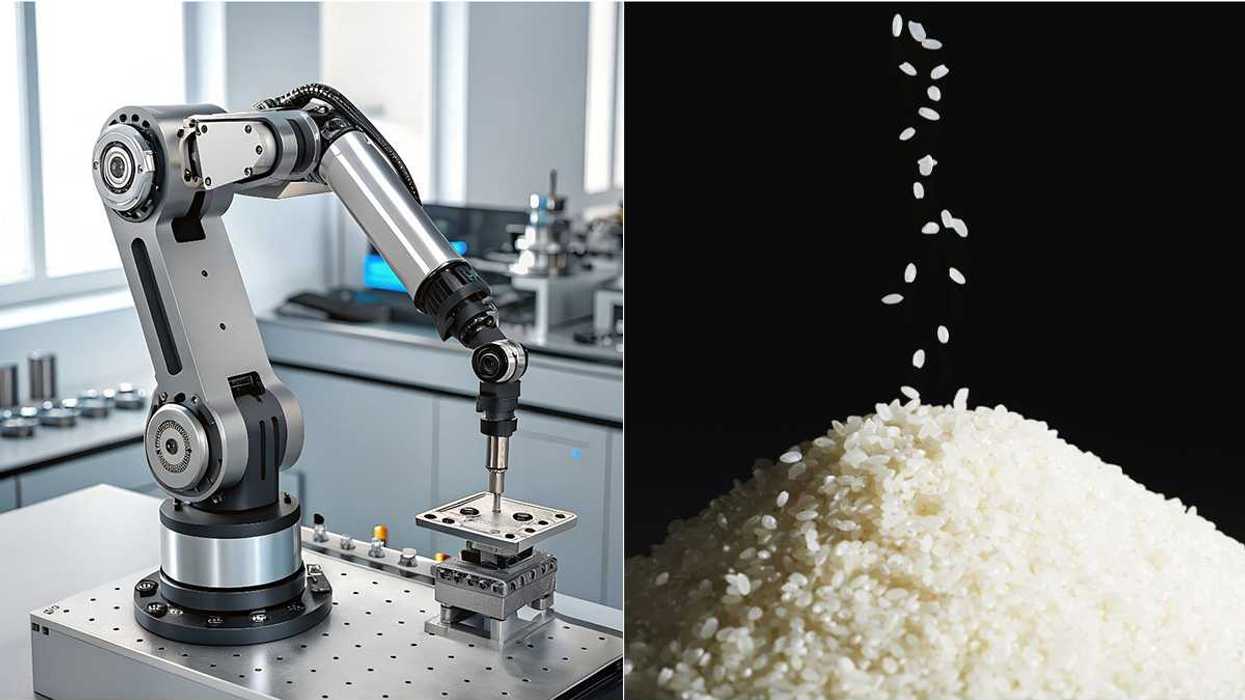 Left: A robotic arm. Right: Rice grains.Photo credit:
Left: A robotic arm. Right: Rice grains.Photo credit:  A diagram on kidney stones.myupchar/
A diagram on kidney stones.myupchar/ 
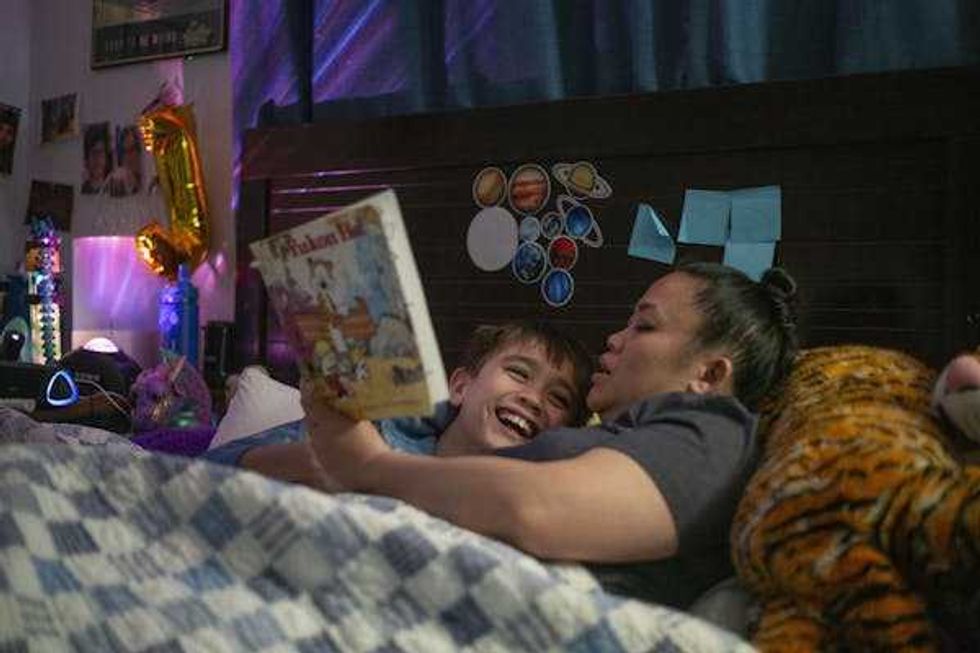 Christy Lam-Julian, a mother in Pinole, Calif., reads to her son in April 2025.
Christy Lam-Julian, a mother in Pinole, Calif., reads to her son in April 2025. Children who read bedtime stories with their parents are likely to benefit from a boost in creativity – especially if they consider questions about the books.
Children who read bedtime stories with their parents are likely to benefit from a boost in creativity – especially if they consider questions about the books.


